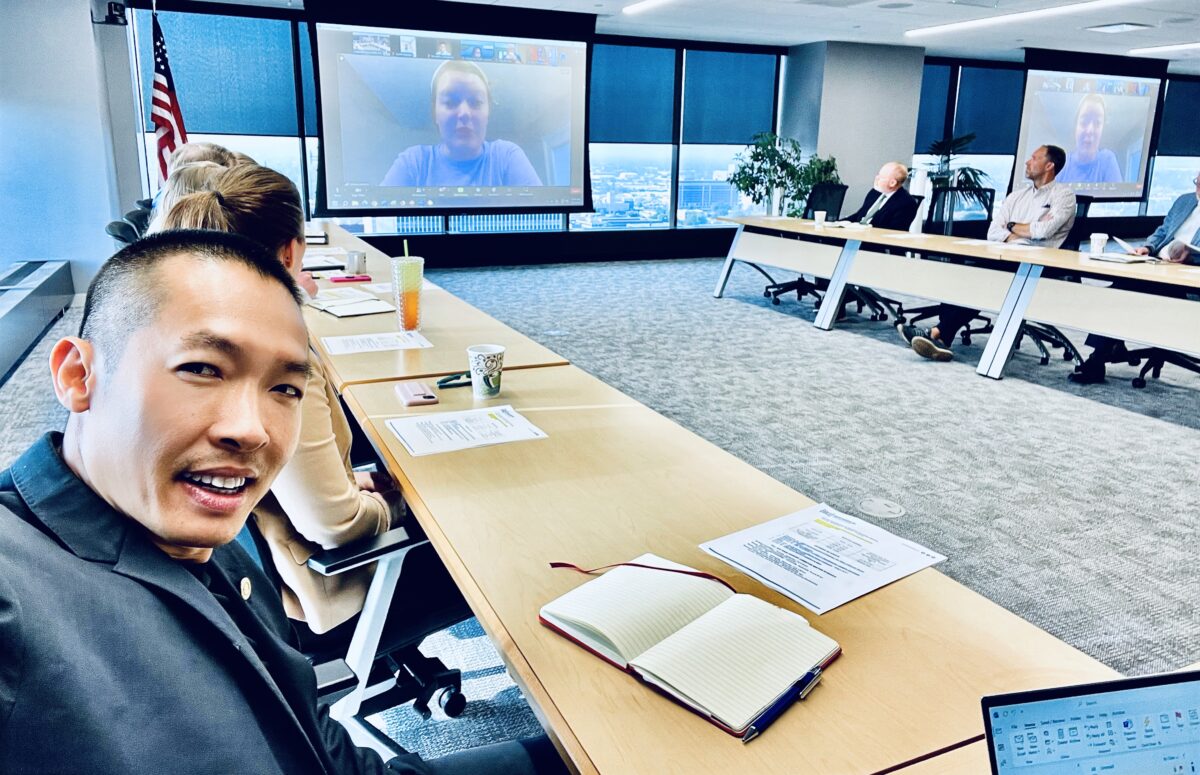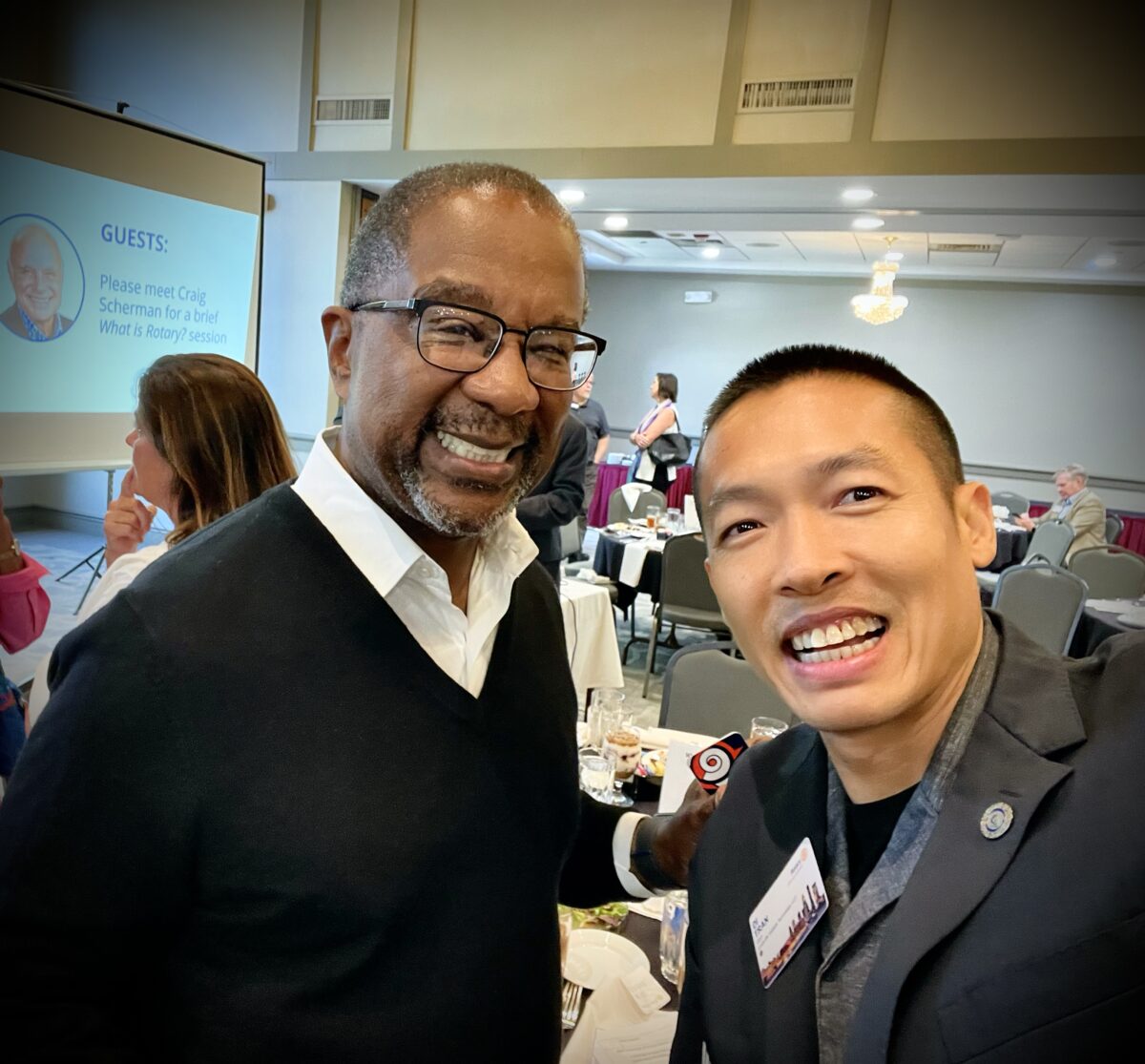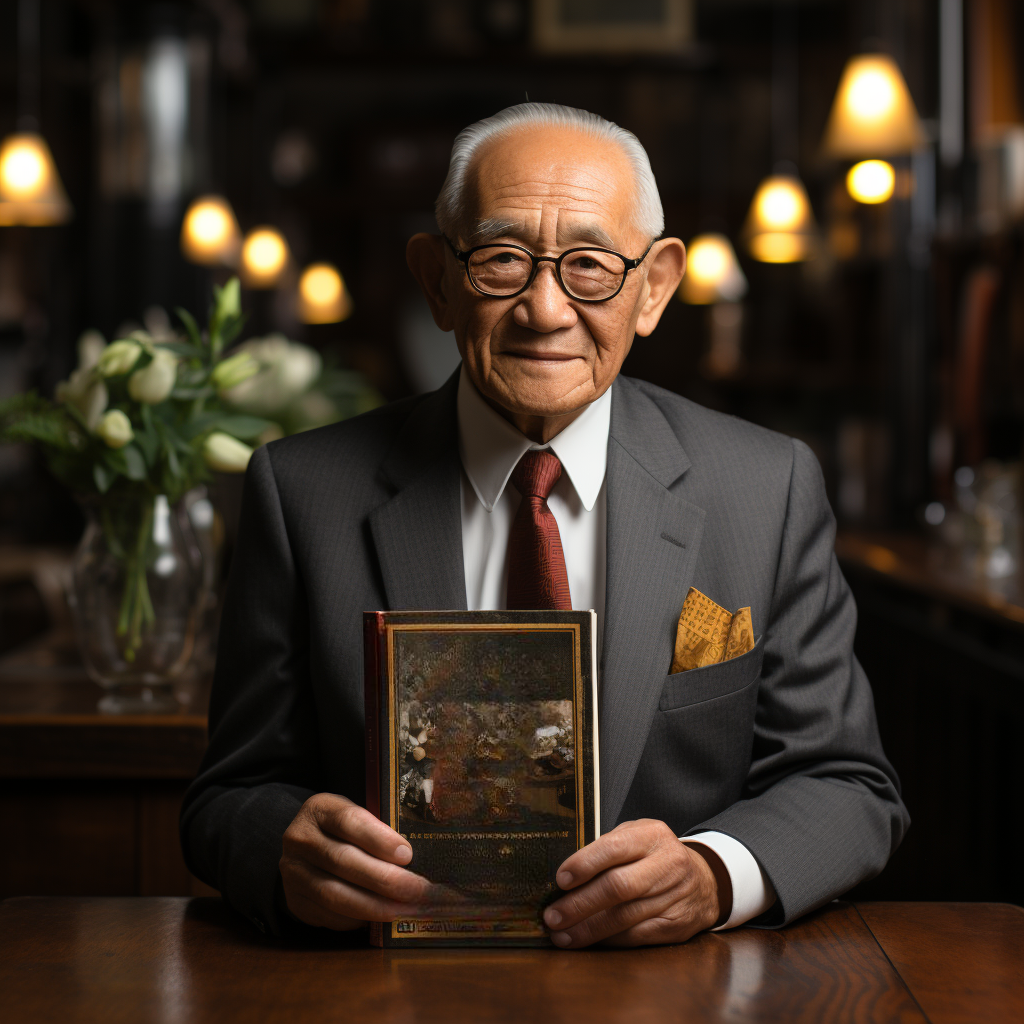In the business corridors of Louisville, Greater Louisville Inc (GLI) stands as a beacon of innovation and inclusivity. This Chamber of Commerce, with its unwavering commitment to promoting an inclusive economic ecosystem, has caught the attention of many, including the dynamic Di Tran, president of the New American Business Association Inc.
GLI: Leading by Example
GLI has long been a pillar of support for businesses in Louisville and beyond. Their endeavors range from offering business support services to ensuring fairness in business growth, with a vision always leaning towards inclusivity and fairness. It’s this commitment that has positioned GLI as not just an organization but as a catalyst for change in Kentucky’s business community.
Di Tran: A Synergy of Vision and Passion
Di Tran’s association with GLI is more than just participatory; it’s symbiotic. As a Vietnamese immigrant who faced the challenges of establishing a business in a foreign land, Di recognizes the value of platforms like GLI. Their support for businesses, big and small, and their dedication to fostering growth is what drew Di closer to GLI’s mission.
With a personal story marked by resilience and ambition, Di, who now helms a series of successful Asian-owned businesses, sees GLI’s vision and his personal mission aligning seamlessly. He not only appreciates GLI’s contributions but also collaborates actively with its Education and Workforce Development Committee.
The 10% Advocacy: A Shared Dream
The mutual respect between GLI and Di Tran becomes even more evident in their shared objectives. Di’s advocacy, ensuring a 10% representation of immigrants, especially those grappling with English as a second language, echoes GLI’s broader inclusive goals. It’s not just about representing a minority; it’s about amplifying the voices that often remain unheard.
GLI, with its steadfast commitment to diversity, finds in Di Tran an ally who embodies the very essence of their vision. Together, they’re not just addressing an oversight but pioneering an inclusive economic transformation in Louisville.
Crafting a Collaborative Future
The alliance between Di Tran and GLI underscores the transformative power of collaboration. By bringing to the fore the unique challenges and contributions of immigrant entrepreneurs, they’re paving the way for a Louisville where every business voice, regardless of its origin, is valued.
Elevating GLI’s mission through real-life examples like Di Tran’s journey offers a testament to their overarching goal: a business ecosystem that’s diverse, inclusive, and thriving. With GLI’s visionary approach and Di Tran’s fervent advocacy, Louisville is set on a trajectory of not just economic growth but inclusive prosperity.










